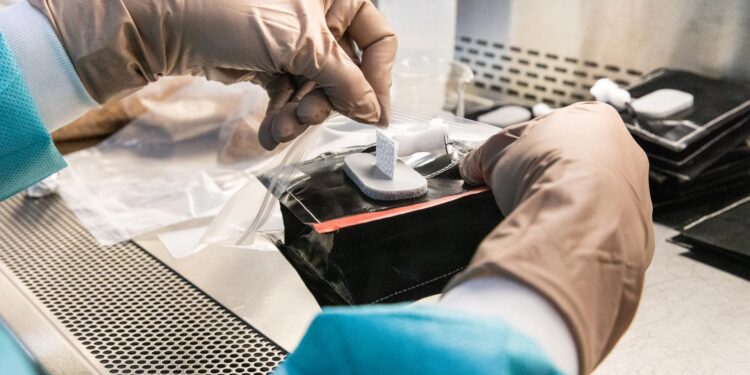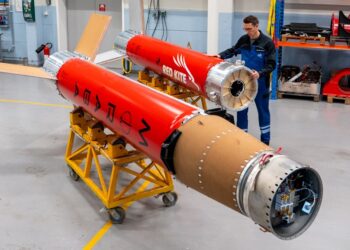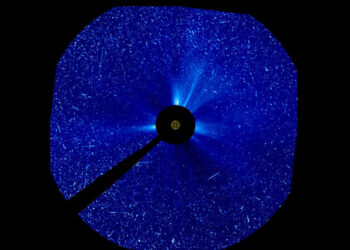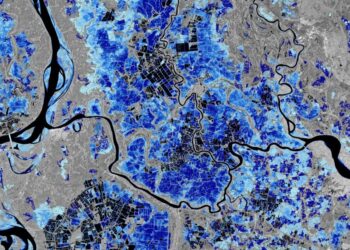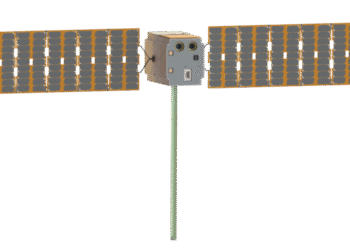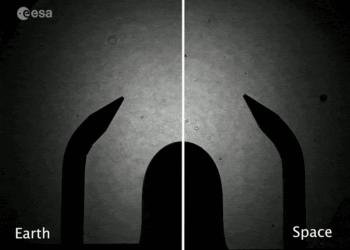NASA’s VEG-03 experiment is pivotal in advancing space agriculture, focusing on enhancing the diet of astronauts through space-grown produce. The study utilizes seed pillows, which are designed to optimize growing conditions in microgravity environments. This innovative approach aims to increase the variety and nutritional value of food available to astronauts during long missions.
The experiment is part of a broader effort to ensure that astronauts have access to fresh, nutritious food while in space, reducing the dependence on pre-packaged meals. By growing crops directly in space, NASA aims to address both nutritional needs and psychological well-being, as fresh plants can have a positive impact on morale.
Some key benefits of the VEG-03 experiment include:
- Improvement of meal quality with fresh produce.
- Reduction of reliance on Earth-supplied packaged foods.
- Potential for long-term sustainability during extended missions.
The successful cultivation of crops in a space environment not only promises to benefit future space missions but also offers insights that may enhance agricultural practices on Earth. NASA’s ongoing research continues to experiment with different crops and growing techniques to refine methods for both space applications and global food production challenges.
For more detailed information, please visit the source article.


